Drug Possession Is No Longer A Felony Offense In Oregon
Under a new law in Oregon, many people arrested with small amounts of illegal drugs will no longer be subject to felony charges.
Oregon Gov. Kate Brown (D) signed HB 2355 into law this week, effectively downgrading first-time simple drug possession offenses from felonies to misdemeanors, which will now carry a maximum penalty of one year in prison, a $6,250 fine, or both.
Under previous guidelines, possession of any amount of drugs like cocaine or methamphetamine could be punished by up to five years in prison. Possession of substances like heroin or MDMA carried up to 10 years.
HB 2355 applies to people found with any amount of cocaine or methamphetamine under two grams, any amount of heroin under one gram, any amount of oxycodone under 40 pills, any amount of MDMA ― also known as ecstasy ― under one gram or under five pills, and any amount of LSD under 40 units.
The legislation does not change penalties for possession of larger amounts of illicit drugs, considered a commercial drug offense. Felony charges will still be applicable for those with prior felony convictions or with two or more prior convictions for unlawful drug possession.
"Addressing disparities that too often fall along racial and socioeconomic lines should not be political issues," Brown said in a July statement, after the bill was passed. "Here in Oregon, we're demonstrating that we can making meaningful progress to improve the lives of Oregonians by working together around our shared values."
Oregon is the latest state to overhaul its drug laws amid a broader push to promote treatment, rather than diverting low-level users and those suffering from addiction into jails and prisons. In 2014, California voters approved a measure to reclassify most low-level, nonviolent drug offenses as misdemeanors. Other cities and states have scaled back laws on marijuana possession specifically, but have been less receptive to similar proposals regarding harder drugs.
HB 2355 also includes a number of measures designed to address police profiling. The new law requires enforcement agencies to establish written policies and procedures that prohibit profiling by “race, ethnicity, color, national origin, language, gender, gender identity, sexual orientation, political affiliation, religion, homelessness or disability.” It lays groundwork for an educational program to promote equitable policing and mandates that each department set up a process to provide detailed reports of pedestrian and traffic stops, as well as profiling complaints. State officials will then review the data and present their findings to public.
The profiling aspect of HB 2355 was crafted in response to recent reports that revealed widespread racial disparities in Oregon’s criminal justice system. Earlier this year, InvestigateWest, a nonprofit media project, published a review of more than a decade of state court records showing that black and Hispanic state residents were more likely than their white peers to be charged for dozens of types of crimes.
The problem goes beyond the disproportionate targeting of people of color for stops or searches. A study by the Oregon Criminal Justice Commission published last year found that minority offenders also fare more poorly after they’re arrested. In 2015, African-Americans in Oregon were convicted of felony drug possession at more than double the rate of white offenders, while Native Americans were convicted at five times the rate of whites. Despite this imbalance, studies have shown that drug use rates are relatively consistent across racial lines.
A separate study published in 2016 found that more than 9 percent of Oregon’s prison population is African-American, compared to only 1.8 percent of the state’s general population.
“We’ll finally have some sort of statewide mandated data collection that will help us analyze how profiling is happening, who it’s happening to, and making sure then that we have a mechanism to address it if the data shows a pattern of profiling,” said Kayse Jama, executive director of Unite Oregon, a nonprofit advocacy group that campaigned for the bill.
State Sen. Jackie Winters (R), co-chair of the public safety committee, says Oregon has gotten little return on its investment in law enforcement and incarceration to address drug use and addiction.
“We’re spending an awful lot of resources at that end, when sending drug users to treatment is probably a better utilization of dollars rather than giving them a felony rap and sending them to prison,” Winters told HuffPost. “Dealing with scarce resources in public safety, we need to use those resources to go after those individuals who are the cartels and those who are bringing in illegal drugs.”
Winters, the longest-serving African-American woman in Oregon Senate history, carried HB 2355 in the upper chamber, where it passed last month on a largely party-line vote. Although Winters said she’s “seen the lightbulbs go off” in the heads of her Republican colleagues on matters of criminal justice reform in recent years, most of them voted against HB 2355. She said conversations with constituents made it clear that Oregon needed a different approach to the issue of drugs.
“If you get out in the community to see what really is, you will find that the drug user is at every economical level in every society in this country,” said Winters. “People need to get out and see what really is permeating our communities.”
But some of the strongest opposition to HB 2355 came from Democratic state Sen. Betsy Johnson, who likened it to a “hug-a-thug policy” in an interview with The Washington Post.
That sort of rhetoric is increasingly at odds with the thinking of Americans from across the political spectrum, as well as with members of the law enforcement community.
Nearly 75 percent of Oregon voters supported defelonizing simple drug possession, according to a statewide poll conducted earlier this year.
Police officials were also some of HB 2355′s most vocal supporters.
“Too often, individuals with addiction issues find their way to the doorstep of the criminal justice system when they are arrested for possession of a controlled substance,” Kevin Campbell, executive director of the Oregon Association Chiefs of Police, wrote in a letter supporting the bill.
“Unfortunately, felony convictions in these cases also include unintended and collateral consequences including barriers to housing and employment and a disparate impact on minority communities.”
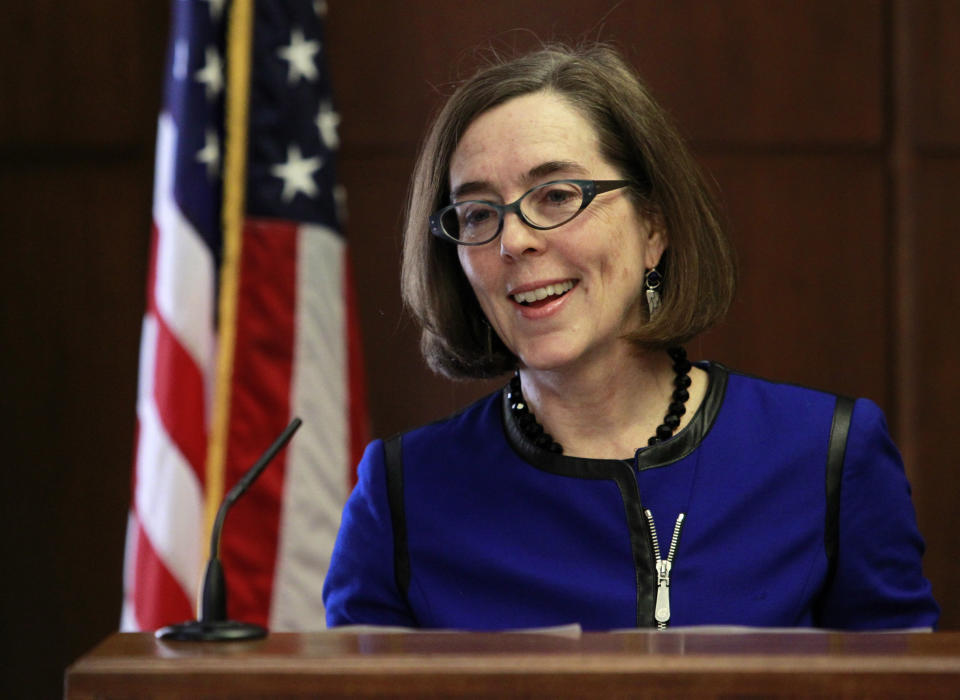
After more than 45 years of the war on drugs, rigid support for “tough-on-crime” drug policy is becoming more of an outlier view in law enforcement, said David Rogers, executive director of the American Civil Liberties Union of Oregon.
“For the most part, they’re not interested in continuing to do the same thing over again, knowing that these strategies don’t really do a damn thing to be able to reduce either the supply or the demand for drugs,” Rogers told HuffPost. “They understand we need to be emphasizing treatment and prevention, and not harsher punishments.”
A study released by the Pew Charitable Trusts in June found that imprisoning people for drug offenses has no measurable effect on public safety, overdose deaths or self-reported drug use. In a letter accompanying the report, Adam Gelb of Pew urged President Donald Trump’s opioid commission not to return to failed drug policies of the past, amid Attorney General Jeff Sessions’ promises to “get tough again” on drugs and crime.
Although Rogers believes HB 2355 will significantly change the way low-level drug offenses affect people’s lives in Oregon, he noted that the new law is substantially different from decriminalization efforts in some other nations. In Portugal, for example, low-level drug offenders get a citation and an order to appear before a panel of legal, social and psychological experts, who can turn to a variety of alternatives to incarceration. By most metrics, the system has been highly successful.
A similar policy may eventually make sense in Oregon, said Rogers. But for now, he’s happy his state has stepped away from the enforcement-first status quo while recognizing the inequities it has presented.
“There is a strong argument for decriminalization, but we’re not at that point politically,” said Rogers. “Moving it to a misdemeanor is a recognition that there needs to be some accountability, but at the same time, we want to be able to help people rebuild their lives.”
CORRECTION: A previous version of this story misstated to whom Gelb’s letter was addressed.
Also on HuffPost
Love HuffPost? Become a founding member of HuffPost Plus today.
Because Most Americans Are Unenthusiastic About It
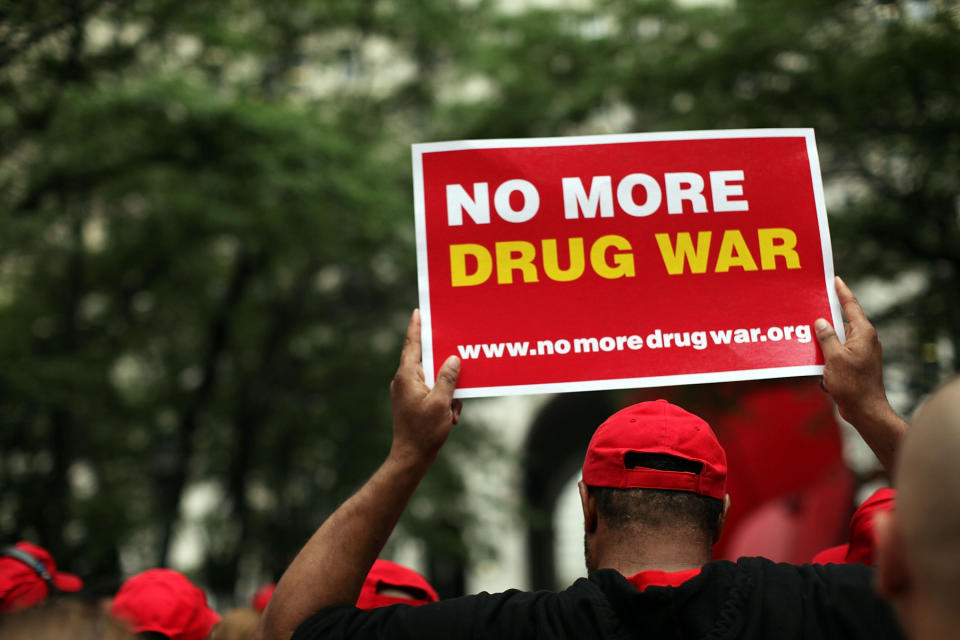
Because The U.S. Won't Control The Flow Of Guns Into Latin America
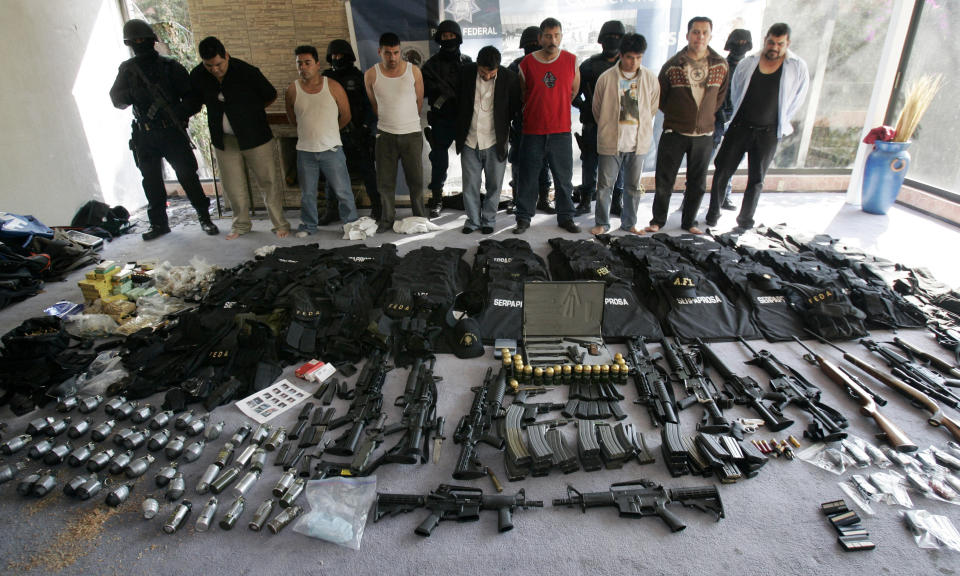
Because The United States Leads The Hemisphere In Drug Consumption
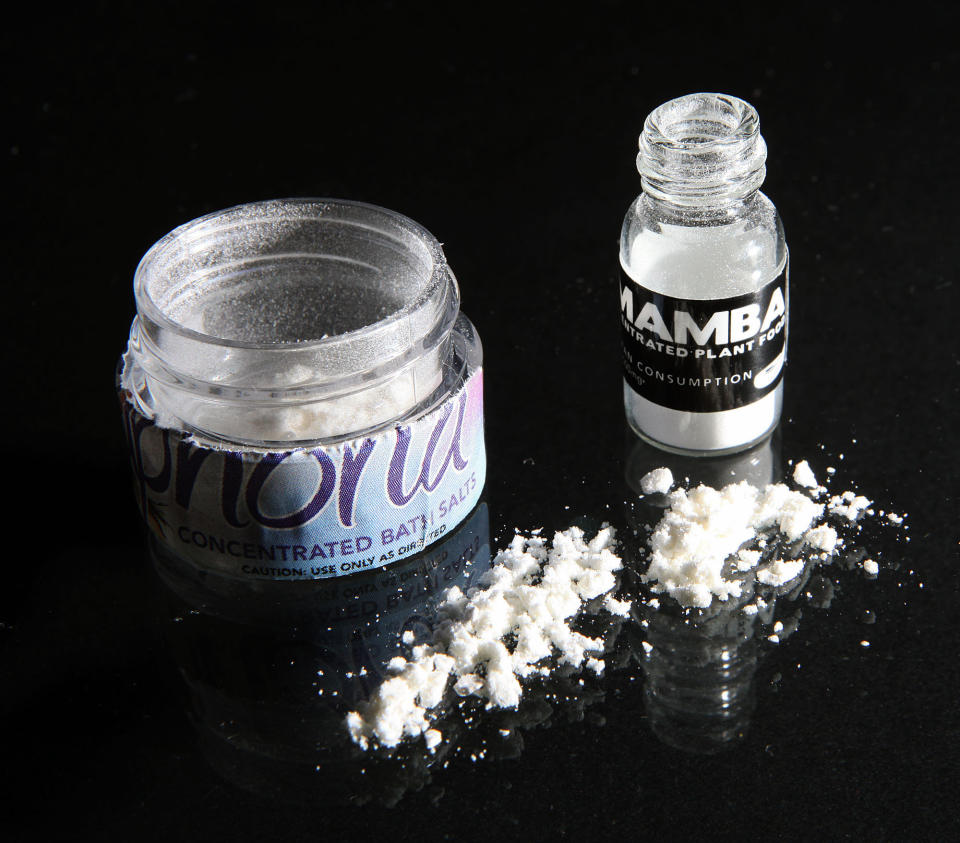
Because The U.S. Ignores Latin American Calls For A Rethinking Of Drug Policy
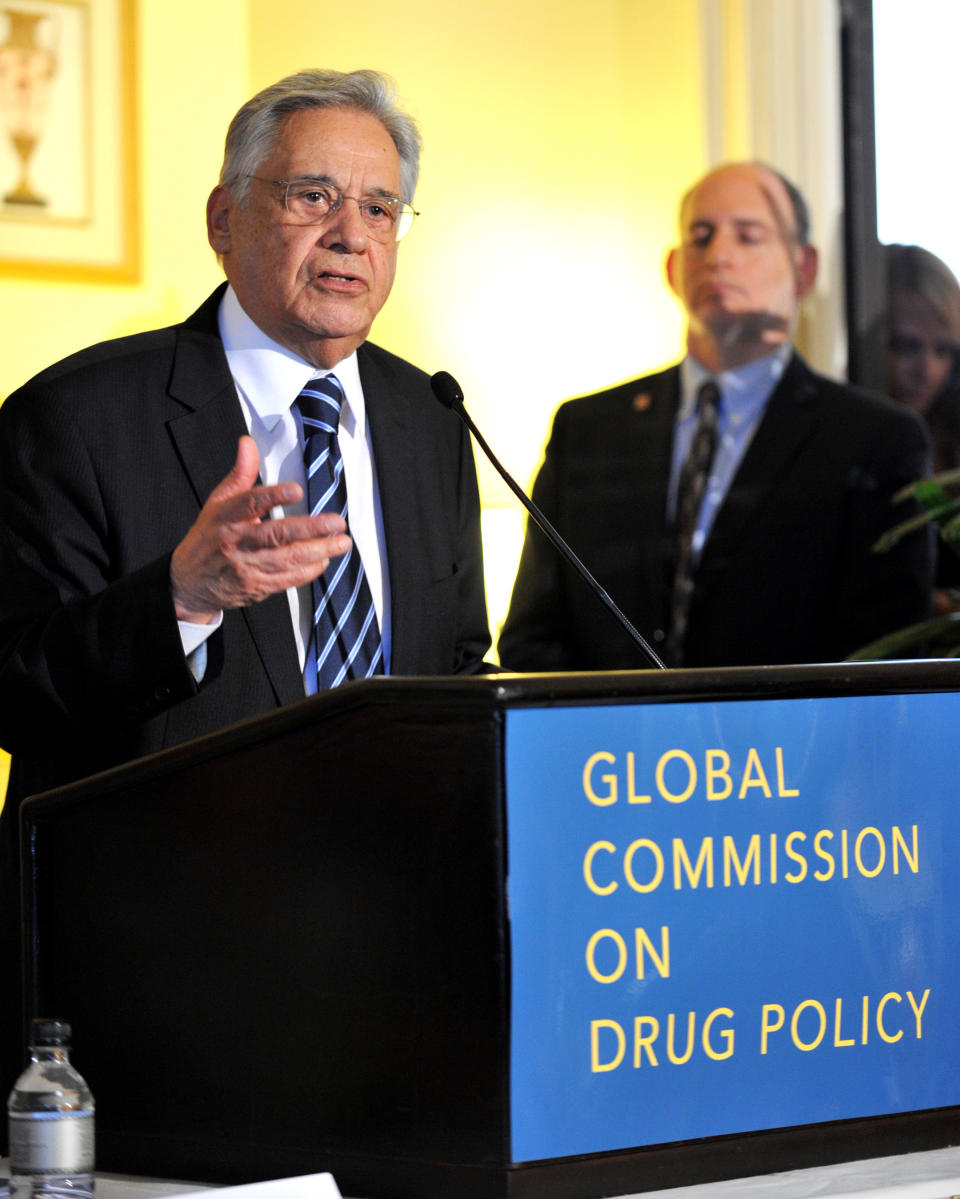
Because Of The Fast And Furious Scandal
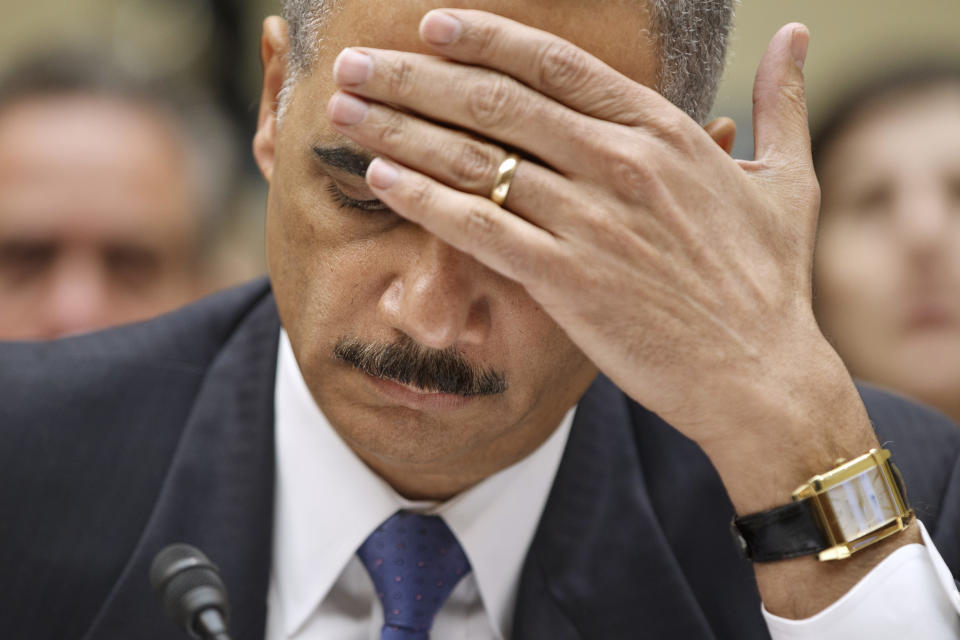
Because American Politicians Refuse To Candidly Lead A Debate On Reforming Our Laws
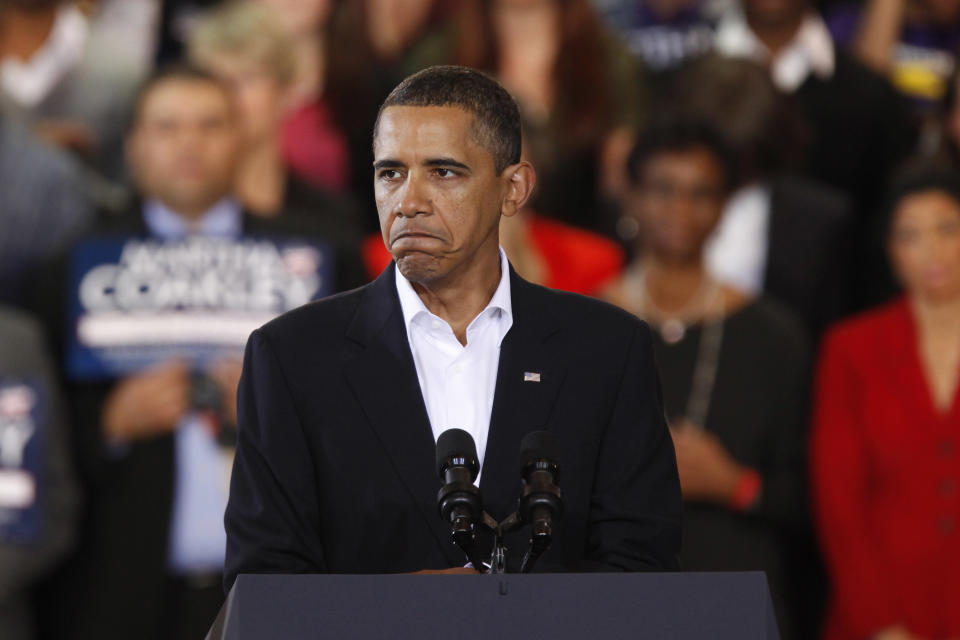
Because The U.S. Tortures Detainees In Cuba
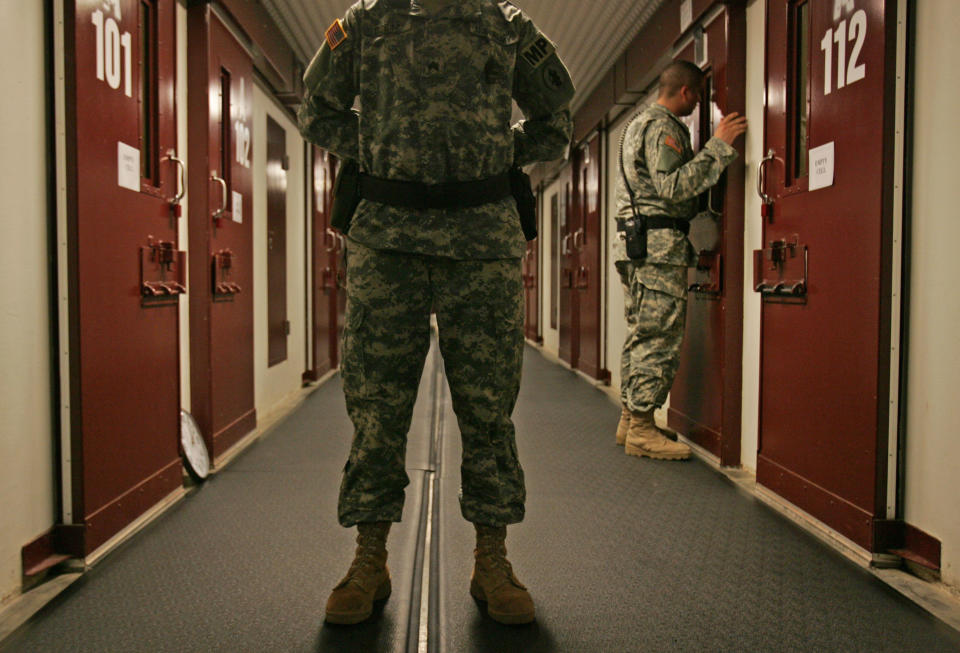
Because The U.S. Has The World's Largest Prison Population
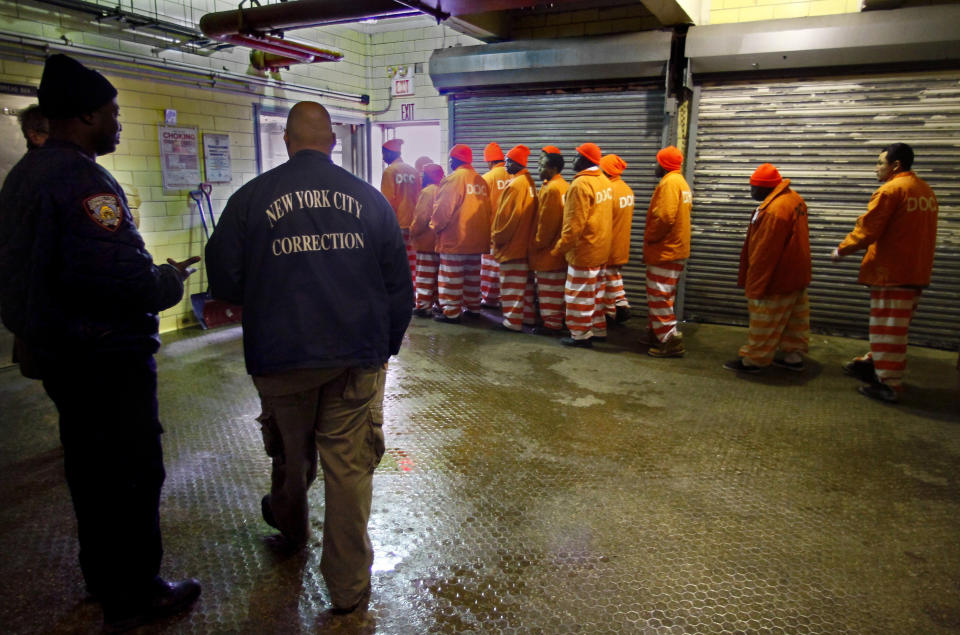
Because The U.S. Jails Undocumented Immigrants Guilty Of Civil Violations
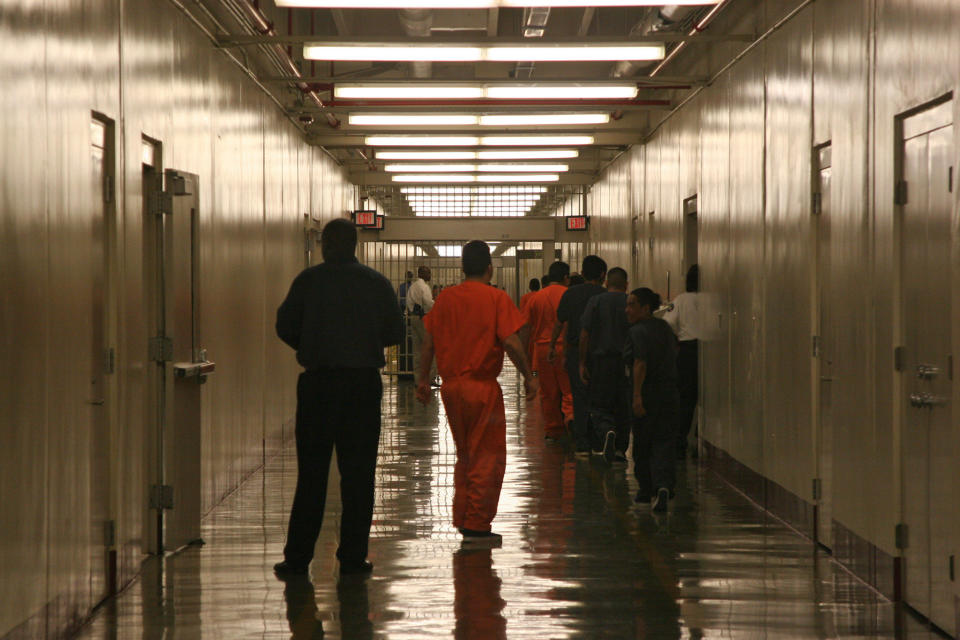
Because The Border Patrol Kills Kids Who Throw Rocks
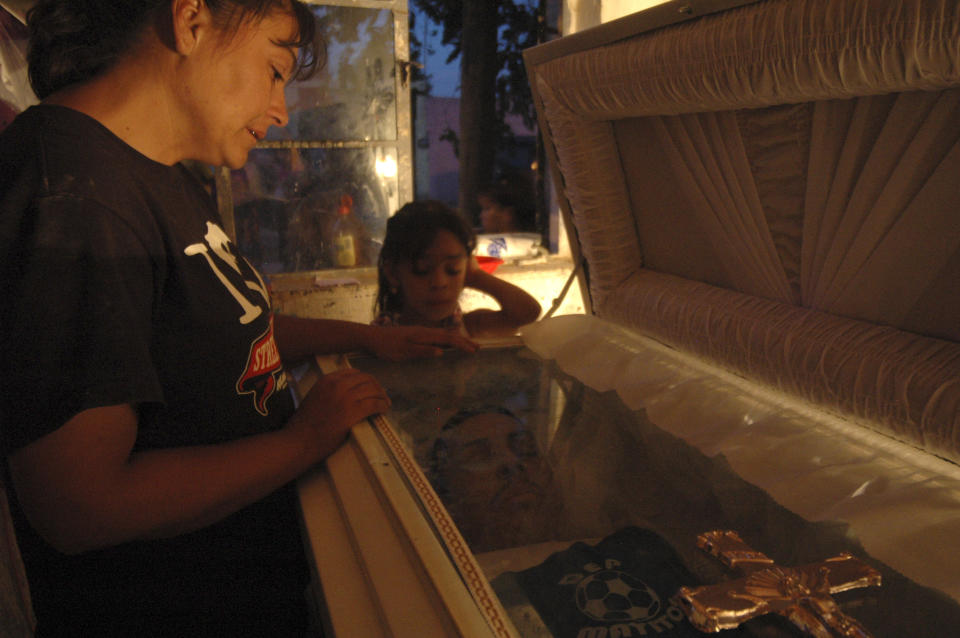
Because The U.S. Recognized An Illegal Government In Venezuela
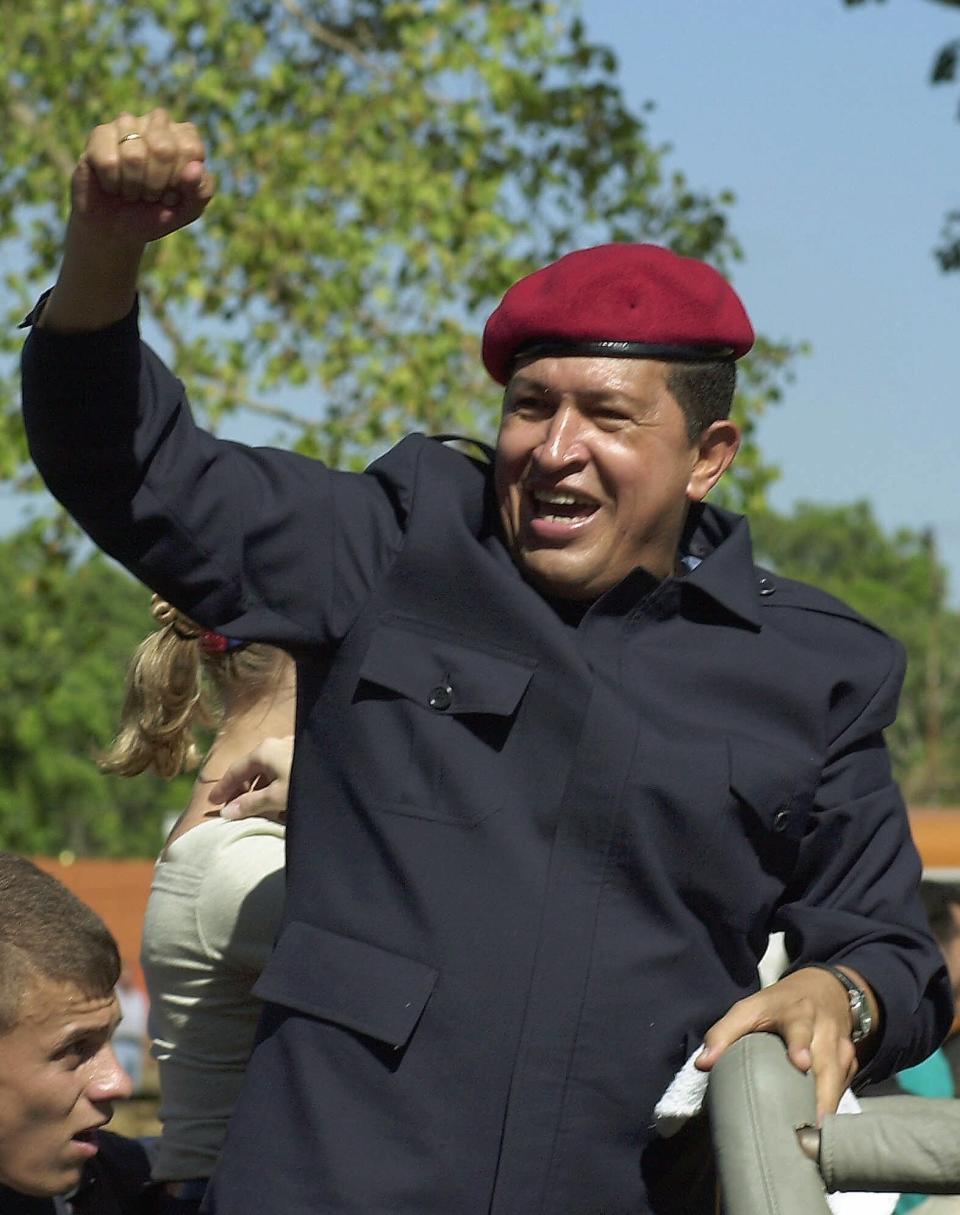
Because U.S. Extradition Undermines Justice In Colombia

Because The U.S. Helped Create Today's Cartels
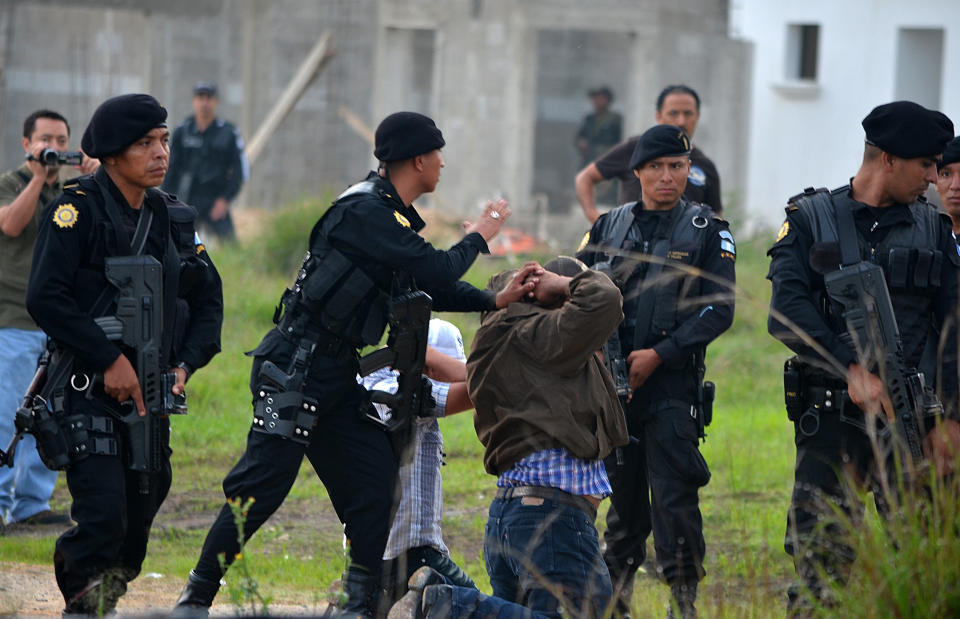
Because The U.S. Backed An Argentine Military Dictatorship That Killed 30,000 People

Because The U.S. Helped Topple The Democratically Elected Government Of Salvador Allende

Because the U.S. Backed A Military Coup In Brazil In 1964
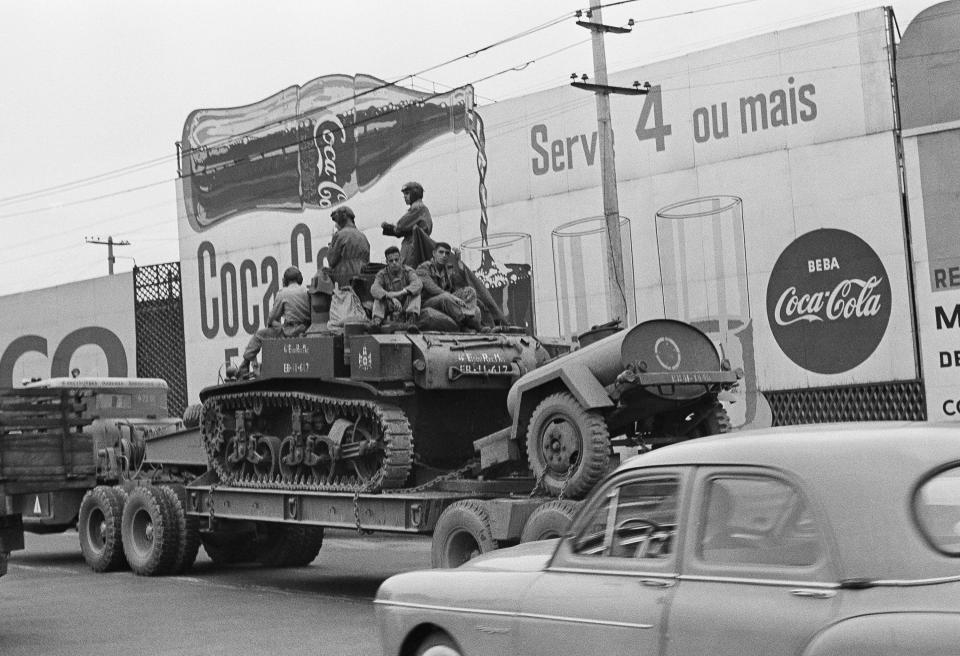
Because The U.S. Funded A Terrorist Group In Nicaragua

Because The U.S. Helped Finance Atrocities In Colombia
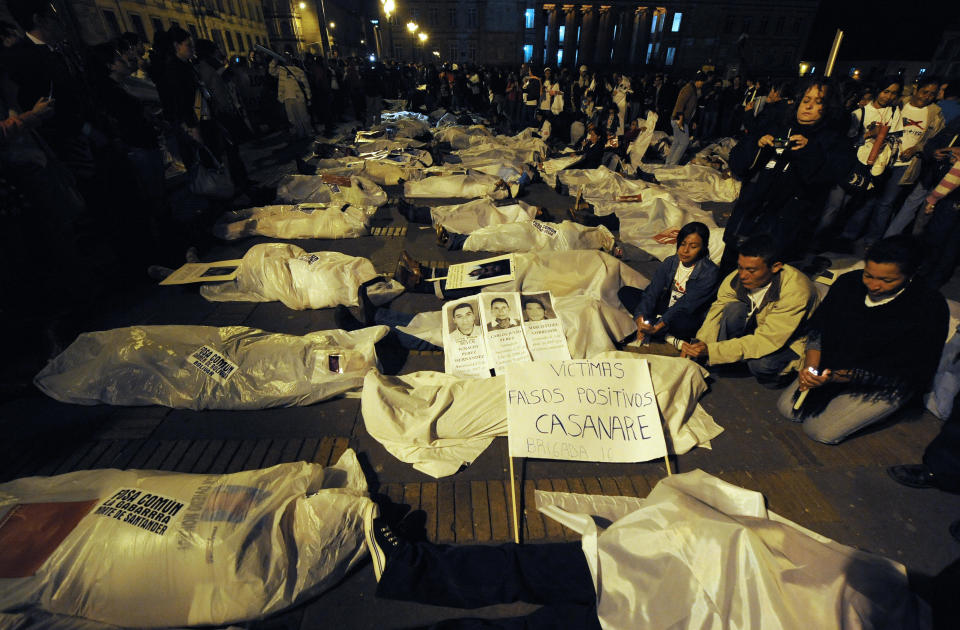
Because The U.S. Maintains A Trade Embargo Against Cuba Despite Opposition From The Entire World
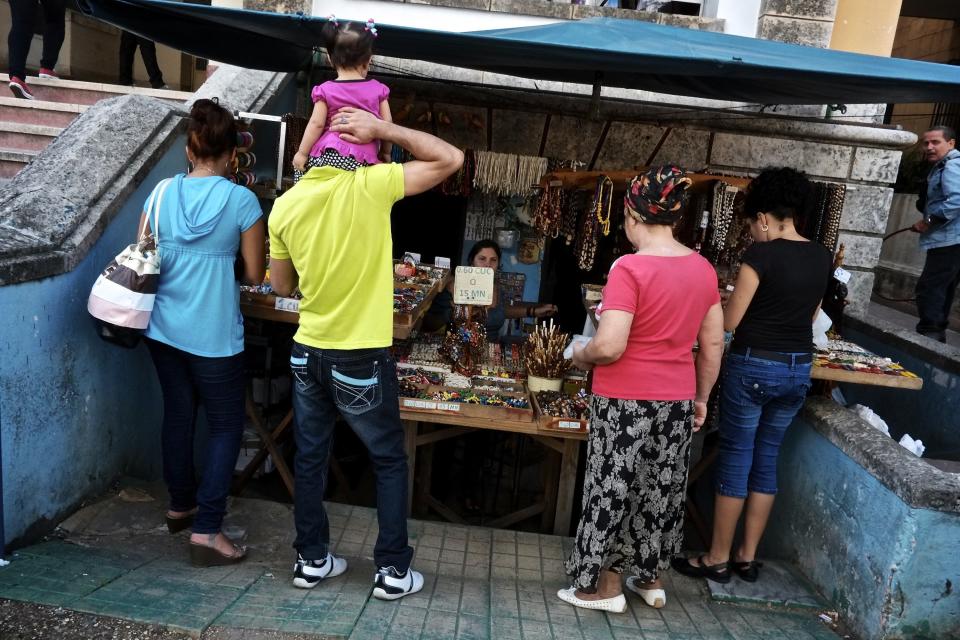
Because The U.S. Engineered A Coup Against The Democratically Elected Government Of Guatemala In 1954
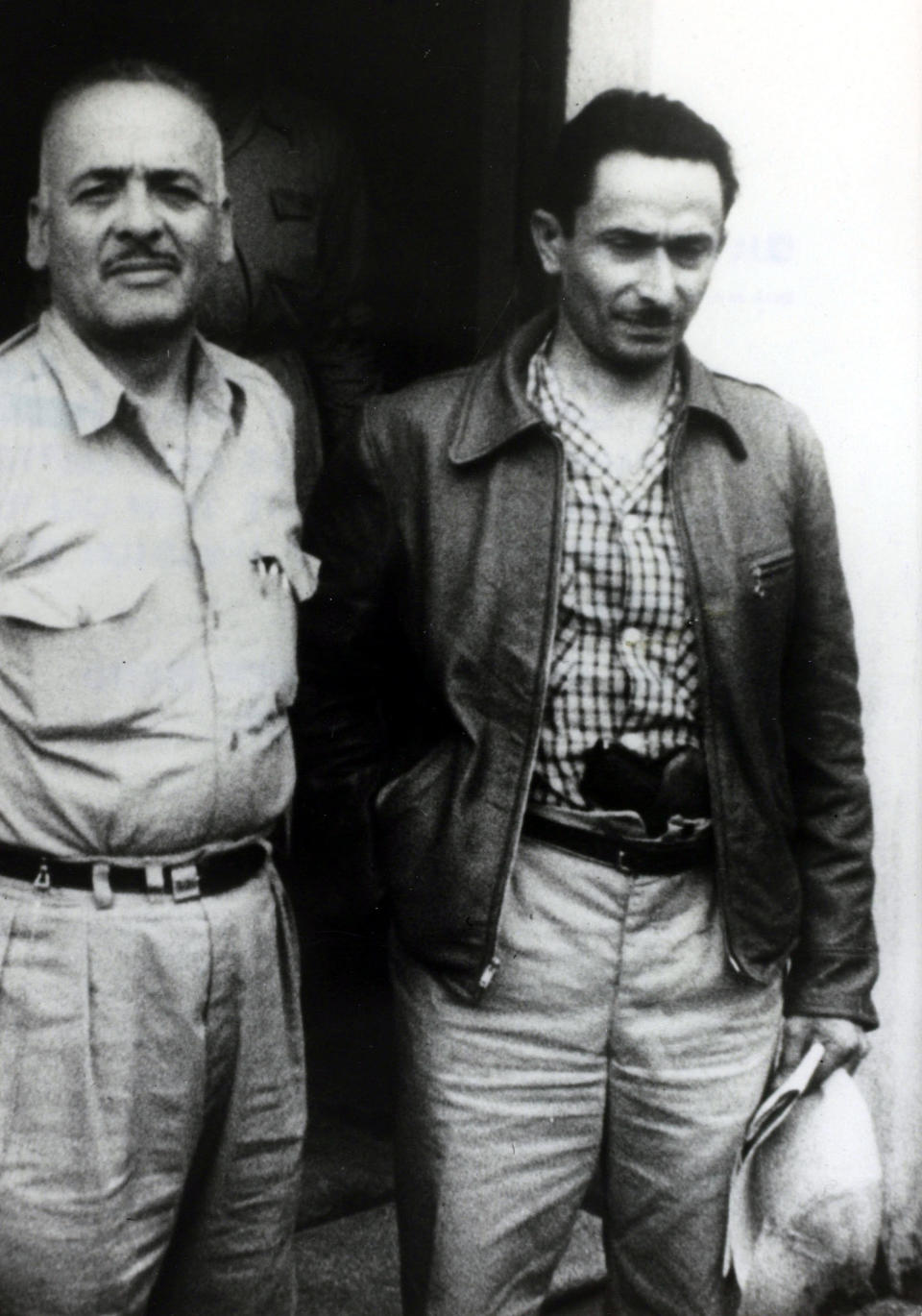
Because The U.S. Backed The Salvadoran Military As It Committed Atrocities In The 1980s
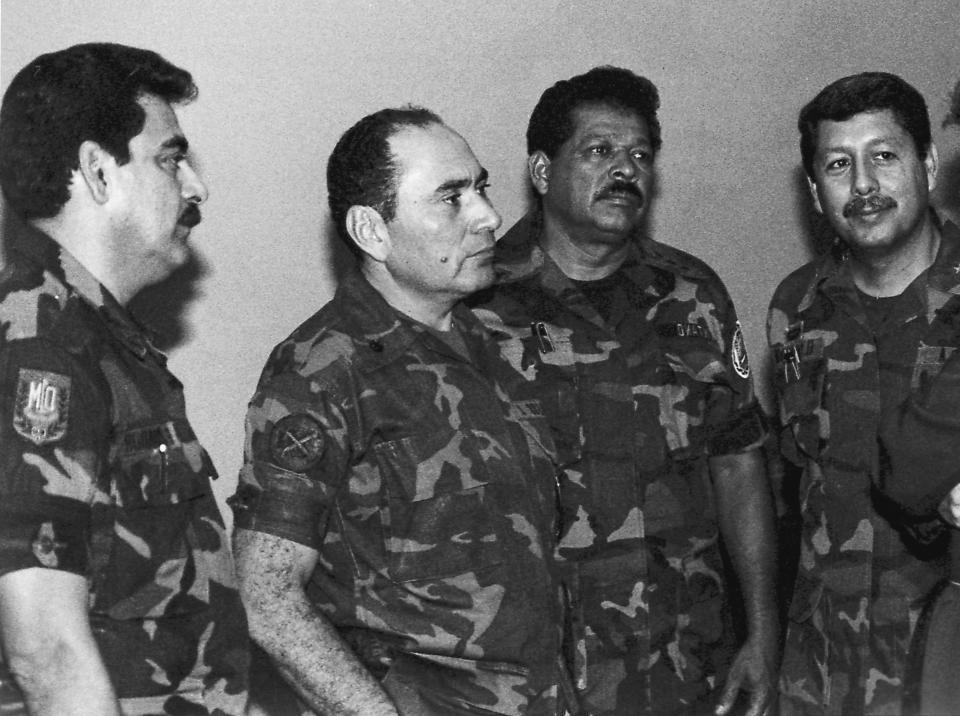
Because The U.S. Invaded Haiti and Occupied It For Almost 20 Years
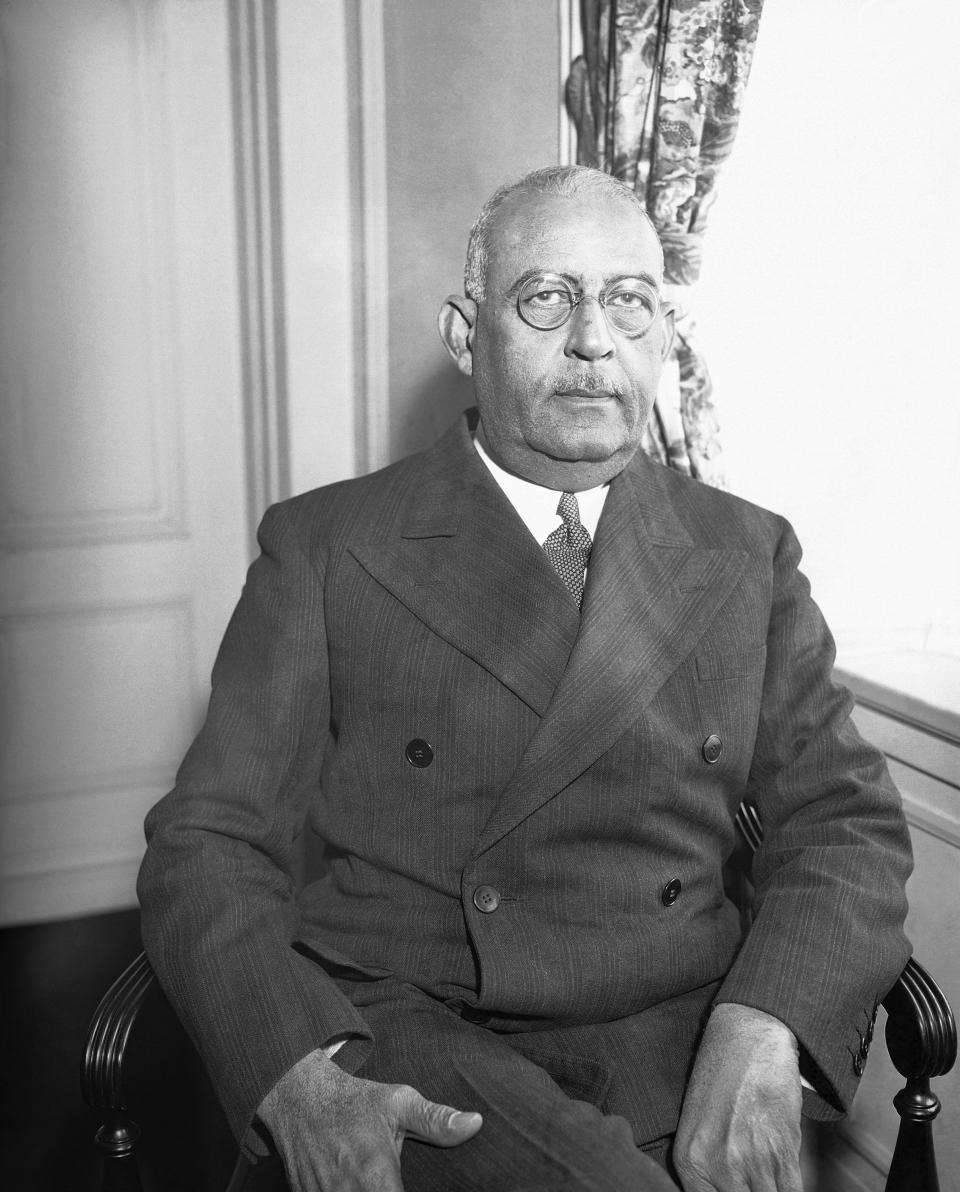
Because The U.S. Invaded Haiti Again In 1994
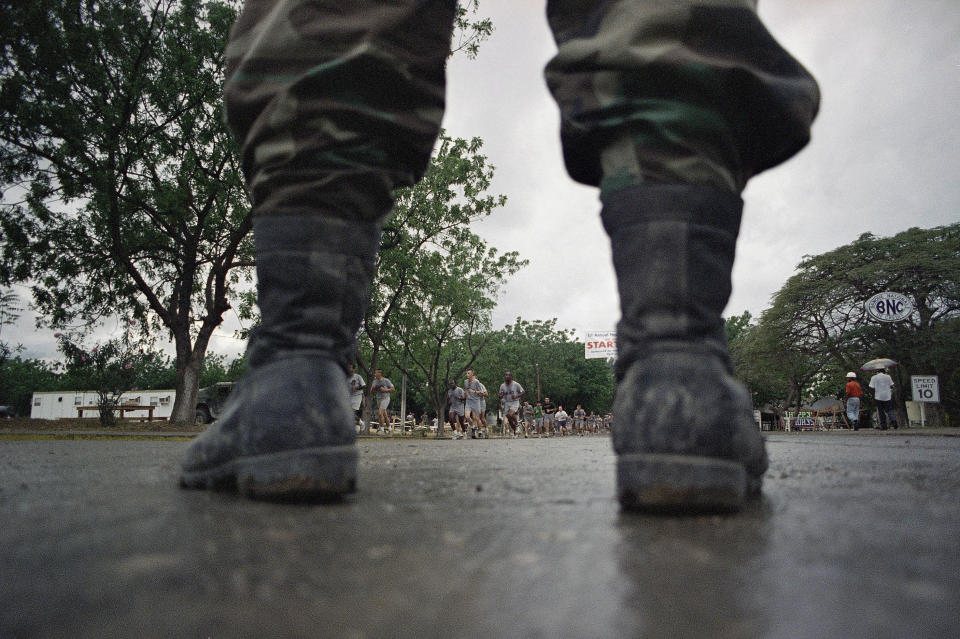
Because The U.S. Trained Military Leaders Who Committed Atrocities In Latin America
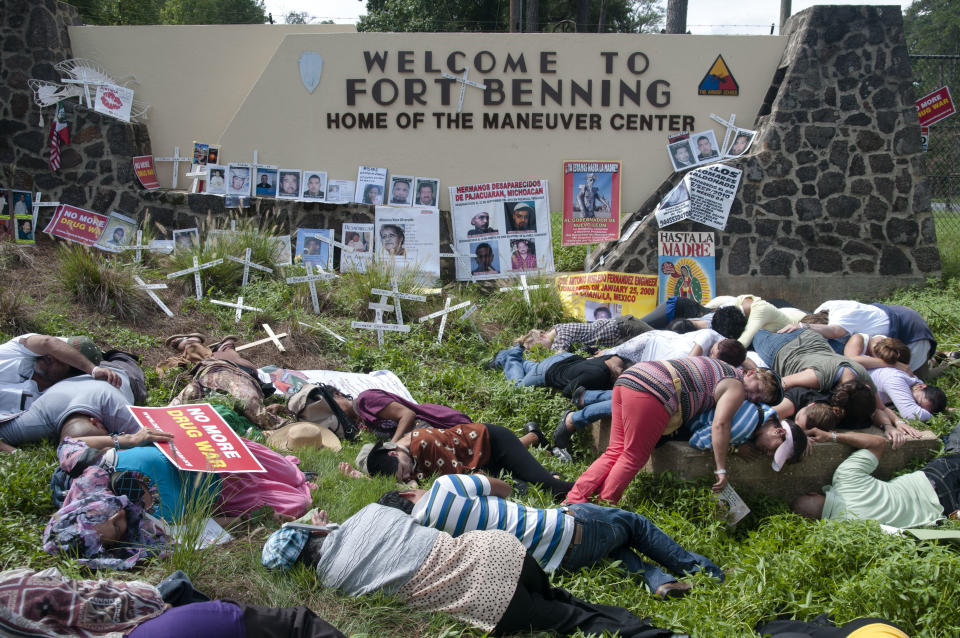
Because The U.S. Backed Dictator Rafael Trujillo
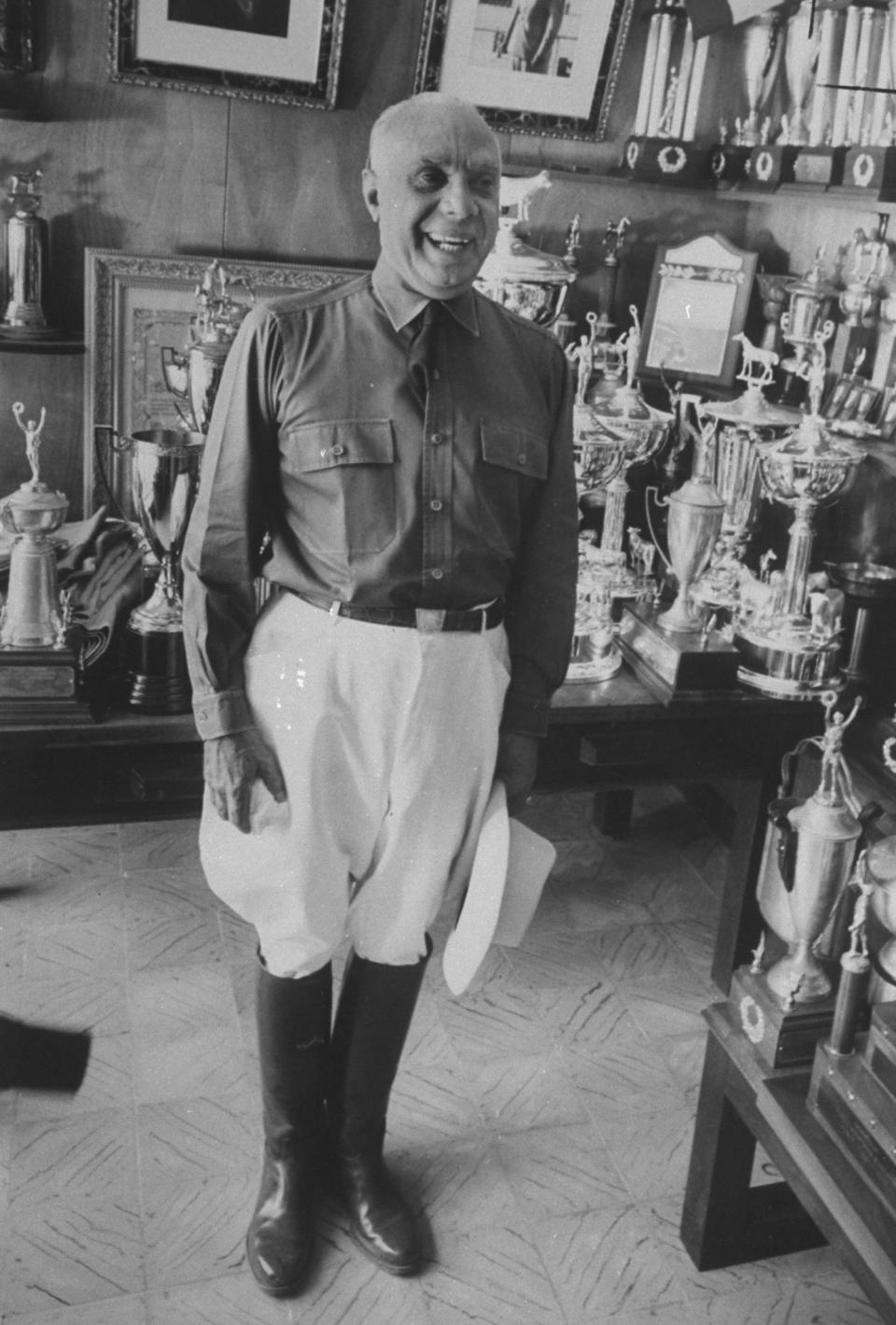
Because The U.S. Invaded Cuba And Undermined The Island's Independence
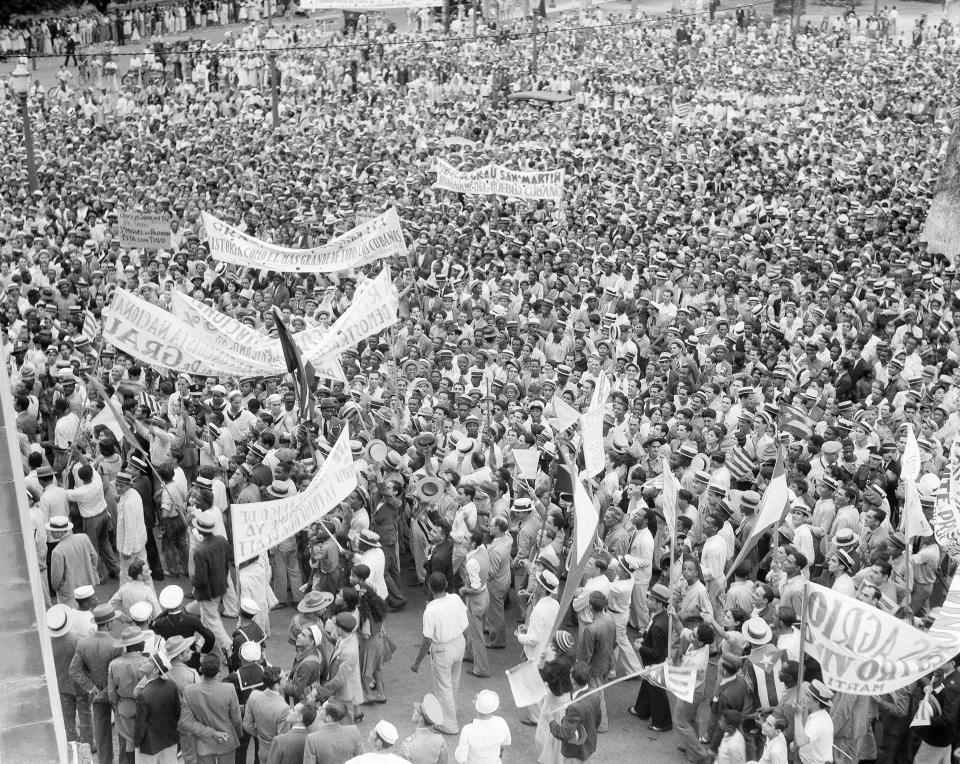
Because The U.S. Colonized Puerto Rico
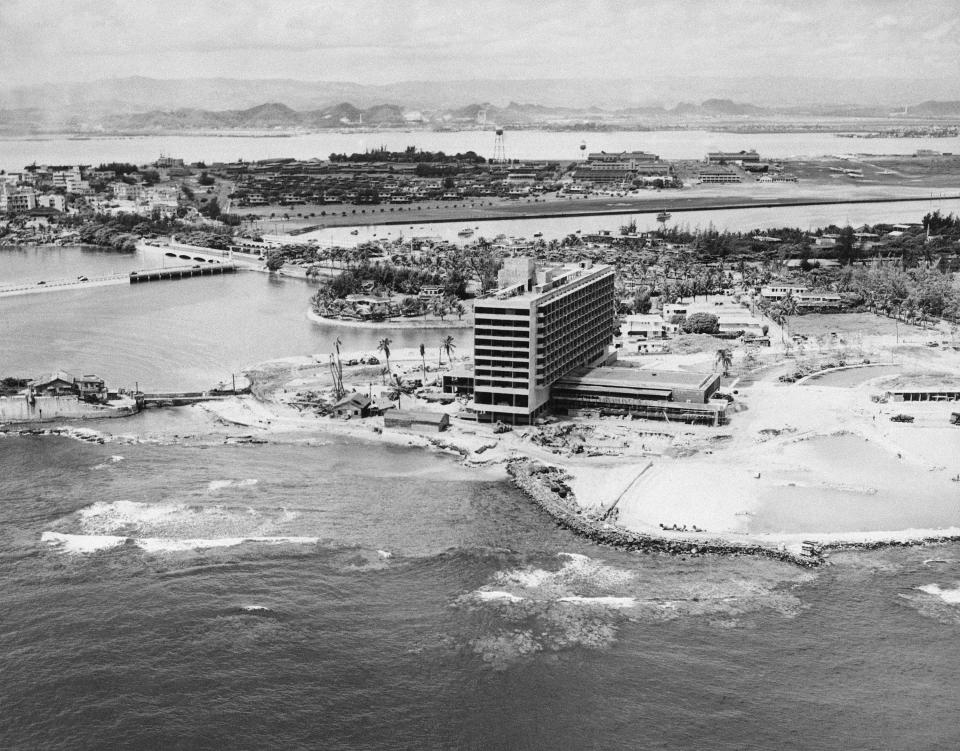
This article originally appeared on HuffPost.

